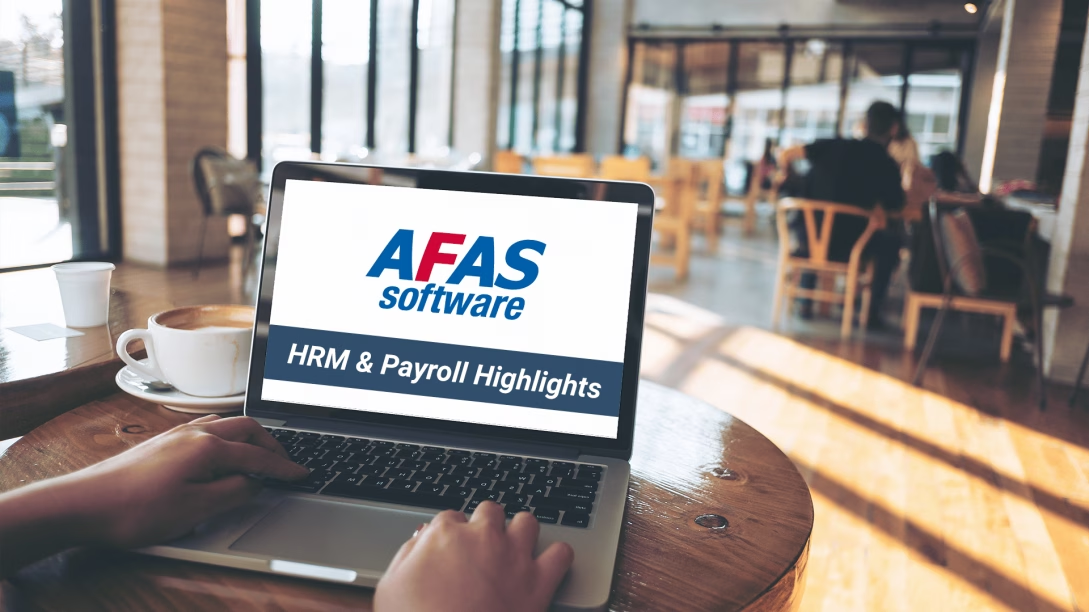Vacation! A time to relax, but also a time when questions arise about the company car. What rules apply? Discover what you need to know to avoid surprises, both for the employer and the employee.
The main rule: Benefit-in-kind during vacation for a company car
During the employee’s vacation period, the benefit-in-kind for the company car continues as usual. It doesn’t matter whether the employee takes the car on vacation or if it remains unused in front of the house.
The benefit-in-kind can only be temporarily suspended if the employee returns the car, including the keys, to the employer or leasing company.
Replacement Car
If the employee uses a replacement company car during the vacation, the benefit-in-kind should be based on the value of this replacement car.
Note! This can affect the employee’s salary, as the benefit-in-kind may vary depending on the value of the replacement car.
Benefit-in-kind for more than 500 private kilometers
If an employee uses the company car for vacation, it is almost certain that they will exceed 500 private kilometers per year. This means that the benefit-in-kind will apply.
Has the benefit-in-kind for private use not yet been applied to this employee?
In that case, the benefit-in-kind must still be calculated for the entire portion of the year that the car has been available to the employee.
Does the employee have a 'Declaration of No Private Use of Company Car'?
In that case, they must withdraw this declaration with the tax authorities and inform their employer.
In fact, the employee is responsible for making these adjustments. The tax authorities can impose a retroactive tax on the employee if the correction has not been processed in the payroll administration.
Example Scenario
An employee has had a company car for the entire year. No benefit-in-kind was calculated because the car was not used for private purposes. The employee goes on vacation to Spain with the car in July. In this case, you must:
- Apply benefit-in-kind for the entire year: The benefit-in-kind must be calculated and applied for the entire year.
- Payroll correction: The payroll for the previous periods must be adjusted to retroactively include the benefit-in-kind.
Expense Reimbursement and Employee Contribution
Some expenses incurred by the employee during vacation, such as fuel, electricity, and tolls, can be reimbursed tax-free as intermediary costs. However, the employer may also decide not to reimburse these costs. In that case, there are two options:
- Employee pays the costs themselves: The employee can pay the costs themselves and deduct them from the benefit-in-kind. This must be documented in writing.
- Tijdelijke verhoging van de eigen bijdrage: De werkgever kan de eigen bijdrage voor privégebruik tijdelijk verhogen, ter compensatie van de kosten die de werknemer maakt tijdens de vakantie. Deze verhoging kan dan in mindering worden gebracht op de bijtelling.
conclusion
Using a company car during vacation comes with tax obligations. Make sure you know the rules and establish clear agreements to avoid any issues. Do you have questions or need more information? Contact your HR or payroll department.




